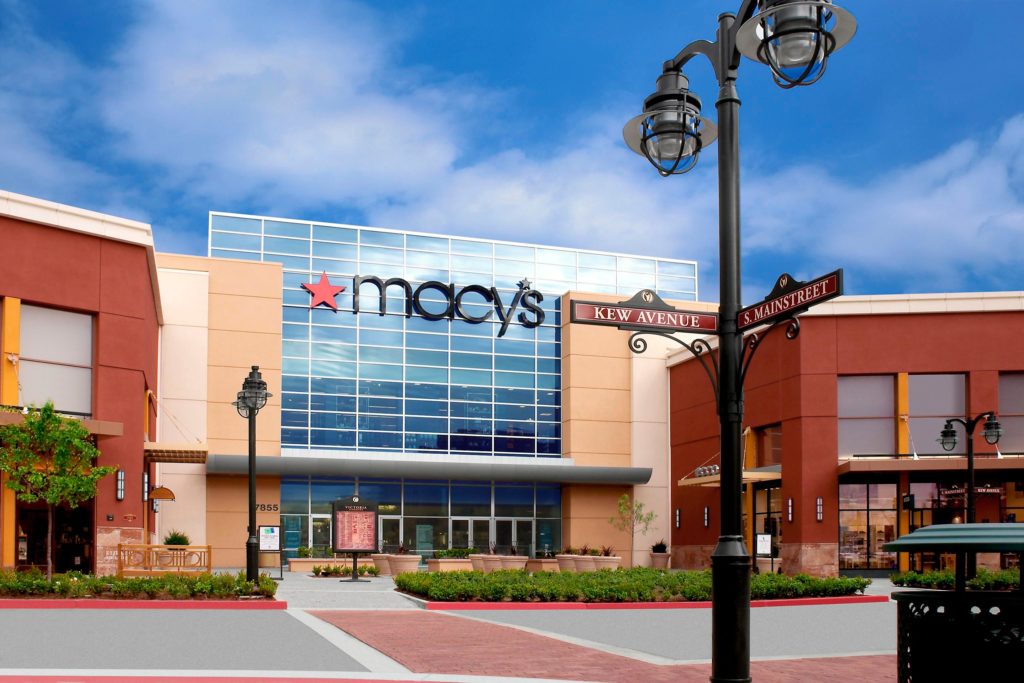Macy’s Is Making More Money Than Walmart?
A new trend in consumer spending is beginning to emerge, it's a trend that seems to be helping Macy's and hurting Walmart.
This article is more than 2 years old

Inflation, even though not one person is immune to its effects, is disproportionately impacting United States citizens. This has become particularly evident in a shopping pattern that has been emerging. CNN reported that Macy’s and other large department store chains are experiencing an influx of wealthy shoppers looking to splurge. On the flip side, lower-income shoppers who frequent Walmart are being forced to make concessions for daily essentials. As a result, Macy’s revenue is looking far more attractive than Walmart’s, at present.
Macy’s analyzed its sales for the last couple of months and found there to be a huge increase in the money being spent on lavish articles of clothing and accessories. As pandemic restrictions have eased, and people are once again attending parties and other gatherings, those who have the cash are not hesitating to refresh their wardrobes. This is happening despite the inflation-fueled price hikes. “Luxury sales remained a standout for our business as shopping behavior among high-income consumers has so far remained less affected by inflation,” detailed Macy’s CEO Jeffrey Gennette to CNN. Since sales for luxury items in Macy’s have been so strong, the retail giant saw a 12.4% increase in revenue over the last fiscal quarter.
The shopping pattern that Macy’s has been able to identify isn’t unique to their store. Other retailers who vend higher-end items are noticing a similar trend. Ralph Lauren attributed it to the resiliency that shoppers with extra financial cushion inherently have. “Our consumers are resilient. They’re at the higher end of income demographics, and they’ve proven through Covid that their desire for the brand has increased,” boasted Ralph Lauren’s chief financial officer Jane Nielsen.
Simply put, affluent Americans are seemingly not batting an eye at inflation because they are more equipped to wrangle it. In contrast, Gennette pointed out that “The customer that’s under $75,000 of annual income — they were the most affected.” This is why the likes of Macy’s, Ralph Lauren, Nordstrom, and every other store that sports luxury labels are seeing an uptick in profits whereas the likes of Walmart and other discount retailers who service the great majority of middle and low-income Americans are seeing revenue shift in a downward direction.
The fact that Macy’s and other retailers like it are making more money than Walmart at the moment is definitely a tertiary effect of inflation. However, it also highlights a more fundamental problem in the United States. There is a massive imbalance of wealth in this country. Macy’s CEO pointed to the fact that families making under $75,000 have been the ones to be hit the hardest by inflation and have had to curb their spending the most. Taking into consideration that the average household in the United States only brings in $68,703 (and that figure is even lower for single-earner households), inflation has negatively impacted the great majority of Americans. Thus, the fact that Walmart’s profits are dipping means that a great many Americans are knee-deep in hardship right now. They are making a concession to stay afloat. Perhaps then what really needs to be gleaned from this emerging shopping trend are ways in which this stark imbalance of wealth distribution can be improved.






